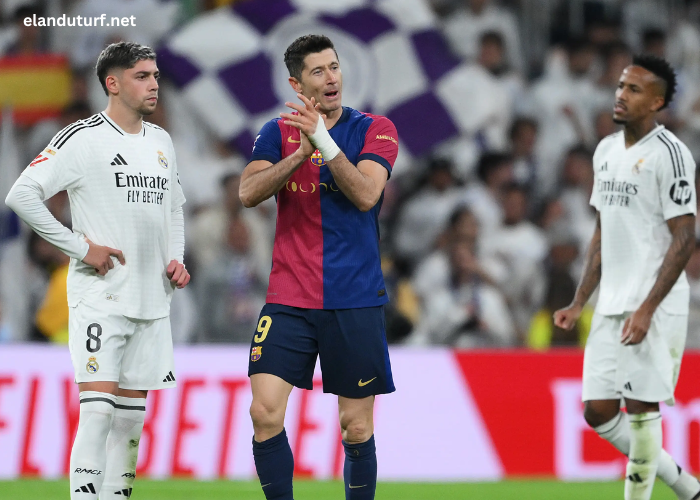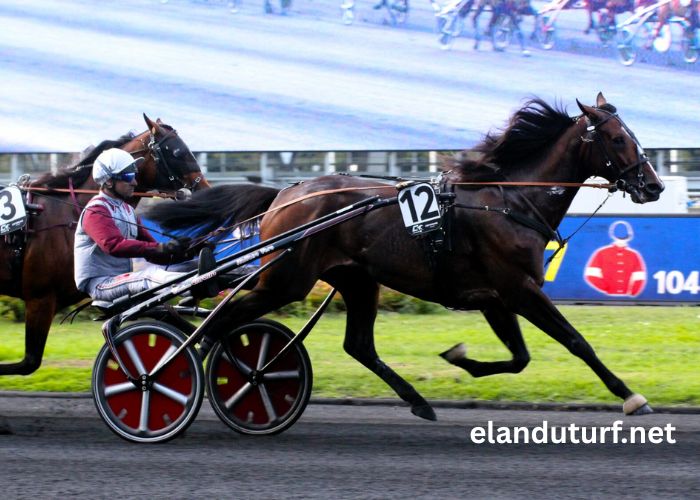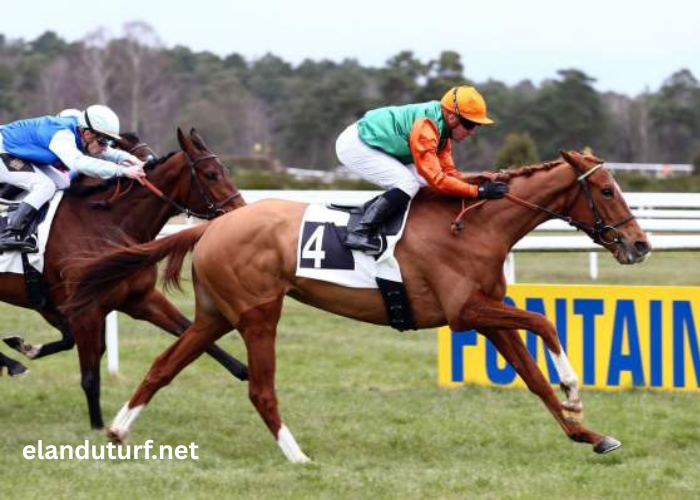In the realm of football, few rivalries ignite the passions of fans like that of Barcelone – Real Madrid. This historic confrontation not only represents a clash of two football giants but also embodies the cultural, political, and social narratives of Spain. Over the decades, matches between these two clubs have transcended mere sport, becoming a symbol of regional pride and historical significance. The intensity of their encounters, often referred to as “El Clásico,” draws millions of viewers globally, making it one of the most-watched sporting events each year.
The rivalry is characterized by exceptional talent, legendary players, and unforgettable moments that have defined eras in football history. Fans of Barcelone – Real Madrid experience a rollercoaster of emotions during these encounters, fueled by loyalty and a fierce desire to see their team triumph. As we delve deeper into the intricacies of this iconic rivalry, we will explore its historical roots, memorable matches, key players, and the cultural significance that makes Barcelone – Real Madrid more than just a game.
What is the Historical Context of Barcelone – Real Madrid Rivalry?
The rivalry between Barcelone – Real Madrid is steeped in rich historical context, originating from the early 20th century. The clubs were founded in the late 1800s, with FC Barcelona established in 1899 and Real Madrid in 1902. While both clubs initially focused on their local leagues, they quickly grew into national powerhouses in Spanish football. The clash of their ambitions was not just about sporting success; it also reflected broader social and political tensions in Spain.
During the Franco regime, the rivalry intensified, as Real Madrid was often viewed as the establishment club, benefiting from political favoritism, while Barcelona represented the oppressed Catalan identity. This dynamic transformed matches between Barcelone – Real Madrid into symbolic battles, representing not only the sporting prowess of the teams but also their respective regional identities. The political implications of each match amplified its significance, drawing in fans who were deeply invested in the outcomes for reasons that transcended football.
As time progressed, the rivalry evolved, marked by fluctuating successes for both clubs. In the 1950s, for instance, Real Madrid dominated European football with stars like Alfredo Di Stéfano, while Barcelona struggled to regain its form. However, the arrival of legendary players and managers on both sides ensured that each new era brought fresh narratives and intense competition. Thus, the historical context of Barcelone – Real Madrid has created a rich tapestry of rivalry that continues to capture the imagination of fans worldwide.
How Have Memorable Matches Shaped the Rivalry of Barcelone – Real Madrid?
Throughout the decades, numerous matches between Barcelone – Real Madrid have become legendary, each contributing to the rivalry’s storied legacy. One of the most iconic clashes occurred in the 1980s, during the Copa del Rey final in 1983. Barcelona triumphed with a stunning 2-1 victory, marking the beginning of a resurgence for the club and solidifying the stature of players like Diego Maradona. This match not only highlighted Barcelona’s footballing brilliance but also set the tone for a new era in which the club would reclaim its place among Europe’s elite.
Another unforgettable moment came in the 2010 La Liga season, when Barcelona defeated Real Madrid 5-0 at the Camp Nou. This match, often referred to as the “Messi Show,” showcased the brilliance of Lionel Messi and the tactical genius of coach Pep Guardiola. The overwhelming victory sent shockwaves through the football world and demonstrated Barcelona’s dominance during that period. Matches like these not only affect league standings but also have lasting implications for player legacies and club reputations.
The influence of these memorable encounters continues to resonate with fans, creating a narrative that fuels the anticipation of each new clash. Every time Barcelone – Real Madrid meet on the pitch, there is a collective memory of past battles that heightens the stakes, ensuring that every match is not just another game, but a chapter in an ongoing saga that has captivated generations.
Who Are the Key Players in the Barcelone – Real Madrid Rivalry?
The Barcelone – Real Madrid rivalry has produced a plethora of legendary players whose skills and charisma have left an indelible mark on football history. Icons like Alfredo Di Stéfano and Ferenc Puskás for Real Madrid, alongside Barcelona’s Johan Cruyff and Ronaldinho, not only thrilled fans with their abilities but also contributed to the intense atmosphere surrounding each encounter. Their individual brilliance often determined the outcomes of critical matches, further fueling the rivalry’s narrative.
In recent history, the battle between Lionel Messi and Cristiano Ronaldo epitomized the modern rivalry. Messi, representing Barcelona, and Ronaldo, a key player for Real Madrid, pushed each other to unprecedented heights, breaking numerous records and earning multiple Ballon d’Or awards. Their rivalry transcended the pitch, as both players became global ambassadors for their respective clubs, drawing in fans and sparking debates about who is the greatest of all time.
The impact of these players on the Barcelone – Real Madrid rivalry goes beyond their performances in individual matches. They have shaped the clubs’ identities and have been instrumental in defining their legacies. The stories of these athletes continue to resonate with fans, reminding them of the magical moments and fierce competition that make each encounter between Barcelone – Real Madrid special.
What Cultural Significance Does the Barcelone – Real Madrid Rivalry Hold?
The cultural significance of the Barcelone – Real Madrid rivalry extends far beyond the football pitch, deeply intertwined with the social and political fabric of Spain. For many fans, supporting Barcelona or Real Madrid is not just about football; it represents a broader identity. Barcelona embodies the spirit of Catalonia, a region with its own distinct culture and language, while Real Madrid often symbolizes the centralized power of Spain. This cultural dichotomy has turned matches into events that attract attention from all corners of society.
The rivalry has also played a significant role in promoting regional pride and community identity. During matches, fans passionately display their allegiance through chants, flags, and colors, creating an electric atmosphere that resonates with the histories and aspirations of their respective communities. This fervor is particularly evident during El Clásico, where the stakes are higher, and the emotions run deep.
Furthermore, the rivalry has influenced art, literature, and media, shaping how football is perceived in Spanish culture. Documentaries, films, and books have chronicled the rich history of Barcelone – Real Madrid, emphasizing the profound impact these clubs have had on both football and Spanish society. The cultural significance of the rivalry ensures that it remains a topic of discussion long after the final whistle, solidifying its place in the annals of sports history.
How Has the Rivalry Evolved Over the Years?
The Barcelone – Real Madrid rivalry has undergone significant evolution over the years, shaped by changes in management, player transfers, and the broader landscape of football. The introduction of new technologies and tactics has also influenced how matches are played and perceived. In earlier decades, the rivalry was characterized by a more physical style of play, while modern matches often showcase speed, skill, and tactical sophistication, reflecting the evolution of football as a whole.
Moreover, the financial landscape of football has dramatically changed, leading to increased investments in player development and club facilities. Both clubs have embraced this evolution, striving to attract top talent and maintain their competitive edge. The rise of global broadcasting and social media has further amplified the reach of the rivalry, allowing fans worldwide to engage with the matches and the culture surrounding them.
The advent of the UEFA Champions League has also added another layer to the rivalry, as both clubs have competed not only for domestic glory but also for supremacy on the European stage. These international competitions have created new narratives, with critical encounters that transcend national boundaries. The ability to win on a continental level has become a significant benchmark for measuring success, further intensifying the rivalry between Barcelone – Real Madrid.
What Are the Future Prospects for the Barcelone – Real Madrid Rivalry?
As we look to the future, the Barcelone – Real Madrid rivalry remains poised to continue captivating fans and shaping the football landscape. The ongoing emergence of young talent in both camps promises to keep the competition fierce. Clubs are investing in their youth academies and scouting networks, aiming to nurture the next generation of football stars. This focus on development ensures that future encounters will be just as thrilling and unpredictable as those of the past.
Additionally, the global nature of football continues to expand, with both clubs aiming to strengthen their international fanbases. The increasing commercialization of the sport means that each match is not only a competition for points but also an opportunity for branding and global outreach. As both Barcelone – Real Madrid continue to navigate this landscape, their rivalry will undoubtedly play a significant role in shaping their identities and marketability.
Moreover, the tactical evolutions in football, such as the use of data analytics and advanced coaching methods, will likely influence how matches are approached in the coming years. This evolution could lead to new strategies and styles of play, making each encounter between Barcelone – Real Madrid a unique spectacle that reflects the changing dynamics of the sport.
Conclusion
The rivalry between Barcelone – Real Madrid stands as one of the most iconic in sports history, representing not just a clash of footballing prowess but also a deep-seated cultural and political narrative. From historical roots and legendary matches to the legendary players who have graced the pitch, this rivalry has produced countless memorable moments that continue to resonate with fans worldwide. As the football landscape evolves, so too will the rivalry, ensuring that **Barcelone – Real Madrid.




